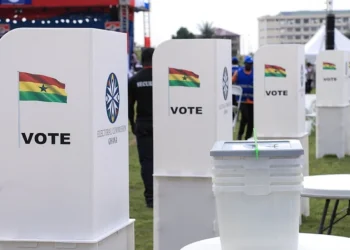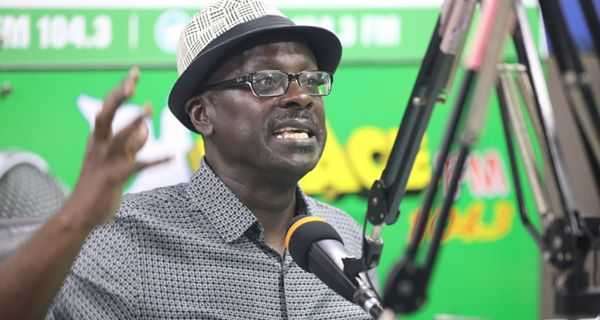It is imperative for the government to uphold fiscal discipline during election periods due to the necessity of maintaining economic stability, adhering to responsible financial management practices, and ensuring sustainable public spending.
By demonstrating fiscal responsibility in an election year, the government can mitigate the risks of financial instability and maintain the confidence of stakeholders such as citizens, investors, and international organizations.
Also, upholding fiscal discipline during election times is a critical component of good governance and effective public financial management, which ultimately helps to build a strong and resilient economy.
As such, it is pragmatic for the government to prioritize prudent management of public funds during electoral periods to safeguard against any potential financial crises and maintain a positive reputation among domestic and international partners.
However, general elections in Ghana are marked by a tendency of incumbent governments to engage in excessive spending, resulting in a fiscal deficit due to the government exceeding the allocated budget for the electoral process.
Accordingly, Senior Presidential Advisor Yaw Osafo-Maafo has called on the government to exercise fiscal restraint in preparation for the 2024 December elections.
He highlighted the importance of adhering to budgetary constraints, especially given Ghana’s present involvement in an IMF program.
“People will be called upon to tighten their belts and that means hardship and we should avoid it. Because, you see, a country works responsibly with a budget, and you should obey your budget. When you have an IMF program, what it means is that they will make sure that indirectly, the fiscal responsibility law is kept”
Yaw Osafo-Maafo
He warned that the IMF will not allow the country to go beyond certain limits of its expenditure to ensure that the objective of the program is achieved.
As such, the government must resist the temptation of making unsustainable promises or engaging in reckless spending during electoral campaigns, as this can harm the overall economy and erode trust in the government’s ability to manage public finances effectively.
By prioritizing fiscal discipline during electoral periods, the government can set a strong example for future administrations and foster a culture of accountability and transparency in financial matters.
Effects On Economy; Solutions
The government’s failure to exercise fiscal discipline during election periods can have detrimental effects on the economy and public finances as it leads to increased budget deficits and public debt levels, putting a strain on the country’s financial stability.

With Ghana’s public debt at GH₵ 610 billion, accounting for 72.5% of the country’s GDP, as of December 2023, it will be unwise to accrue more debt than the country can afford.
The lack of fiscal discipline can also result in higher inflation rates as the government prints more money to cover its election expenditures, leading to a decrease in the purchasing power of the currency.
Moreover, without fiscal discipline, there is a risk of crowding out private investments as the government borrows more from financial markets, thereby reducing available capital for businesses.
This can hinder economic growth and job creation, ultimately impacting the overall well-being of the population.
Additionally, reckless spending during elections can lead to misallocation of resources, with funds being diverted to politically motivated projects rather than those that would benefit the country as a whole.
Furthermore, without fiscal discipline, there is a greater likelihood of corruption and misuse of public funds, eroding trust in the government and undermining democratic principles.
Hence, to ensure fiscal discipline during elections, the government must establish a stringent budgetary framework that outlines clear guidelines for spending and revenue generation.
This framework should be based on realistic projections and take into account potential fluctuations in the economy.
Also, implementing strict oversight mechanisms, such as independent audits and regular reporting, can help prevent wasteful spending and identify any instances of financial mismanagement.
Additionally, the government must involve relevant stakeholders, such as political parties, government agencies, and Civil Society Organizations, in the budgeting process to promote consensus and collective responsibility.
By adhering to these principles and upholding the highest standards of financial integrity, candidates and political parties can demonstrate their commitment to sound economic management and earn the trust of voters.
READ ALSO: Market Panics As Cedi Crisis Deepens





















